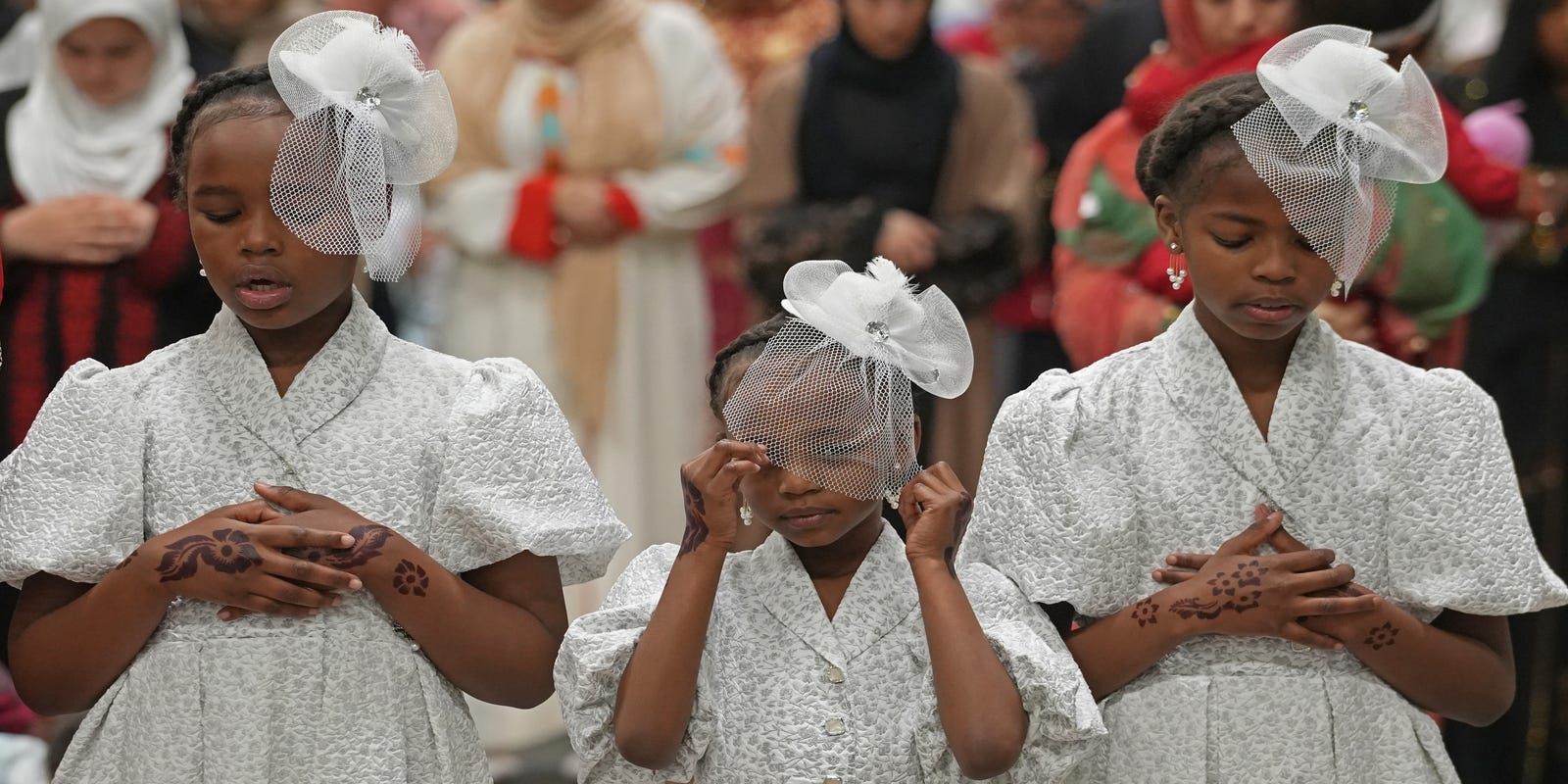Faith and Learning: Ohio Schools Embrace Religious Holiday Flexibility

A New Era of Religious Inclusivity: Schools Mandate Time Off for Faith Observances
In a significant step towards recognizing religious diversity, educational institutions across the region are preparing to implement a groundbreaking policy. By January 22nd, public school districts and charter schools will be required to revise their attendance guidelines, allowing students to take up to three days off annually to observe important religious holidays.
This progressive policy acknowledges the cultural and spiritual needs of students from various religious backgrounds, ensuring that their faith practices are respected and supported within the educational system. Students will now have the opportunity to participate in meaningful religious observances without facing academic penalties or attendance concerns.
The new regulation represents a meaningful commitment to creating more inclusive and understanding learning environments. By providing this flexibility, schools are sending a powerful message about the importance of religious freedom and cultural sensitivity.
Administrators and educators are currently updating their policy handbooks to reflect these changes, preparing to welcome a more diverse and accommodating approach to student attendance and religious observance.

